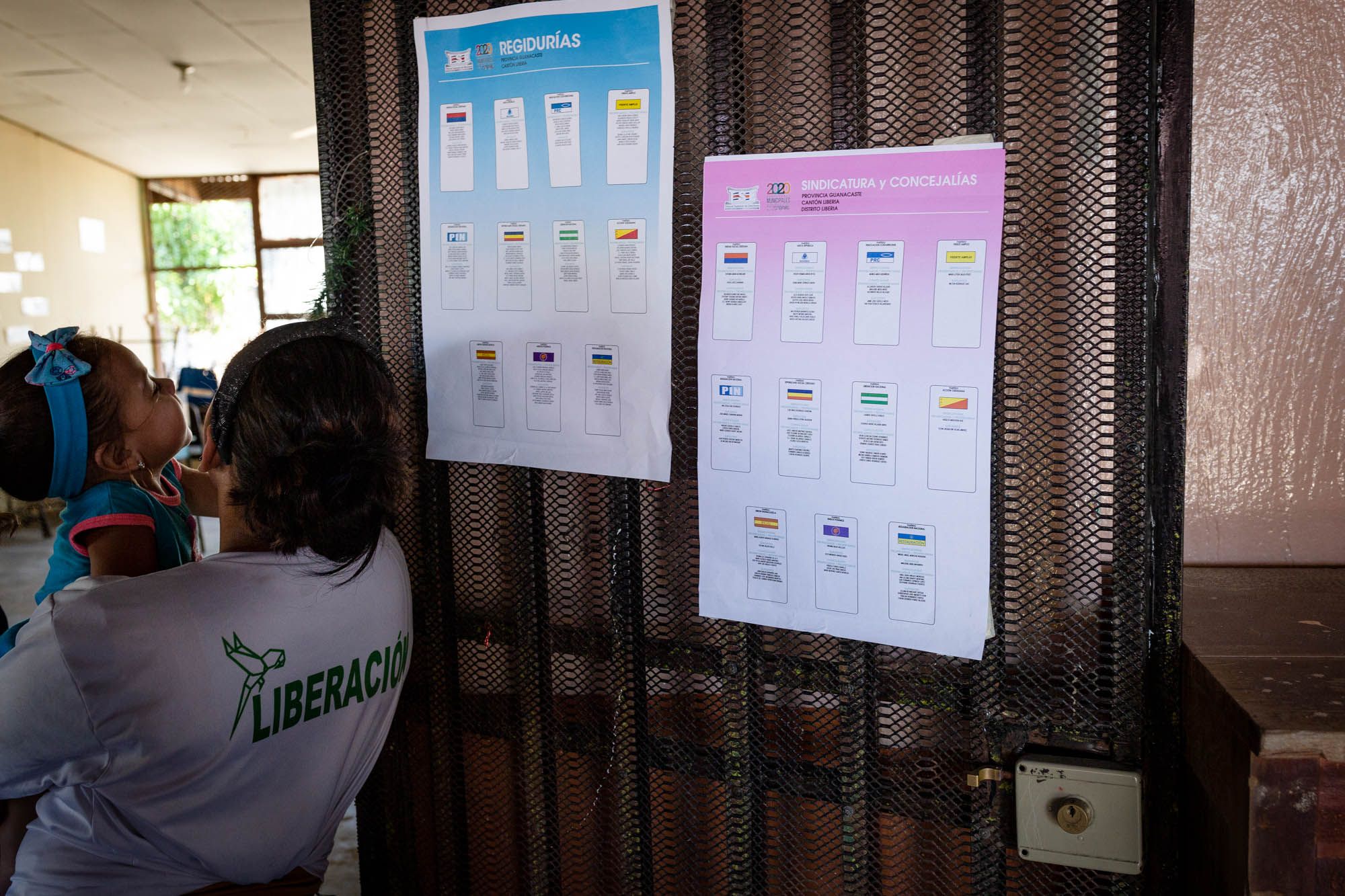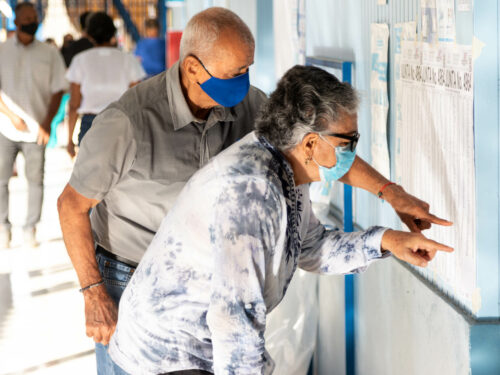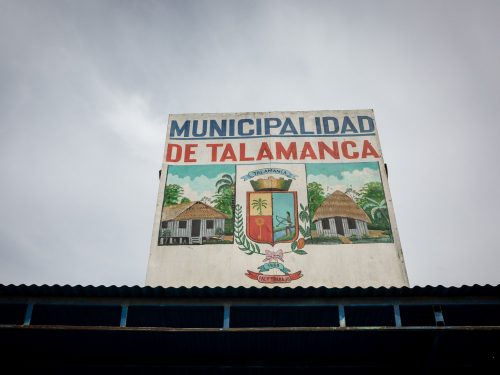
President Carlos Alvarado called for congress to consider bill 21.810, which proposes limiting the re-election of mayors, municipal council members and district representatives to only two consecutive terms.
The proposal would modify article 14 of the Electoral Code, which allows the indefinite reelection of municipal positions elected by popular vote. With the reform, they wouldn’t serve more than two consecutive terms. * (See note at the end of this article).
Re-election in non-successive terms would continue to be permitted as well as the possibility that, having two terms in a municipal position, and with another two terms in between, they can perform the roll again.
The re-election of mayors is a common scenario. Currently five of the 11 mayors of Guanacaste’s municipalities are serving at least two continuous terms. The mayors of Nandayure, Tilaran and Cañas are currently serving their second term, Hojancha’s mayor is on his third and Carrillo’s is on his fourth.
Other leaders in the country have been in power for more than 15 years: Johnny Araya in San Jose and Alfredo Cordoba in San Carlos.
The Supreme Electoral Court (TSE for the Spanish acronym) considers the change to be possible legally.
This Court sees no obstacle to limiting the successive re-election of municipal positions,” they said in a statement on August 17.
In addition, the electoral magistrates stated in 2019 that “re-election admits reasonable limitations to its performance through the enactment of a law in a formal and material sense, corresponding to the legislator to decide, within the constitutional framework, what will be the modulations to that right.”
Maria Ines Solis, a legislator from the Social Christian Unity Party (PUSC), the main promoter of the regulation, expressed her satisfaction with President Alvarado’s call.
This bill aims to strengthen democracy, to eliminate these lifetime positions that have generated undesired abuses,” said Solis.
Solis also highlighted the opportunity to promote new leadership in the communities.
What Do Mayors Say?
The bill doesn’t specify whether previous terms— including the current one— would be taken into account to limit re-elections from 2024 on. However, based on the fact that the law isn’t retroactive (in other words, it has no effect going back in time), current civil servants could aspire to two more consecutive periods, in 2024 and in 2028.
The legislators of the Municipal Affairs Commission determined that current civil servants may only be elected for one more period (2024-2028).
Positions regarding limiting re-election are varied. The mayors of Carrillo and Nandayure, Carlos Cantillo and Gionvanni Jimenez, are strongly opposed.
I think it would be a mistake to limit the re-election of mayors because [people] could not choose the continuity of a mayor who is doing things well. To me, the proposal of this law would be a detriment to citizens,” said Cantillo, who has governed Carrillo for 15 years.
Jimenez, Nandayure’s mayor since 2016, agrees with him. “The people are the ones who can put [someone in] and remove [someone from office], not the law. If the mayors are doing their good work, you owe it to the people,” he argued.
Jimenez, who stated that he is willing to run for an eventual third term in 2024, thinks the change in legislation would be “making the same mistake” as the prohibition of immediate reelection for the Presidency of the Republic. “Now they’re drafting this law due to the mistake they made with the presidents of the republic, who have to wait to be reelected,” he complained.
On the contrary, Eduardo Pineda from Hojancha agrees with the bill.
People like the work of some mayors, not all of them. But for my part, I see the bill as good. With everything that’s happening [about the arrest of mayors due to the Diamante case], a bill of this type becomes relevant. I would accept it,” Pineda said.
Santa Cruz’s head, Alonso Alan, also expressed his opposition to the bill on social networks.
The Voice tried to find out the position of the other mayors who have governed for at least two terms, Juan Pablo Barquero of Tilaran and Luis Fernando Mendoza of Cañas, but by the deadline for this article, they hadn’t replied to the news medium.
_______________________________________________
*Note from the journalist, December 15, 2021: Previously the project stated that it should only pass one period in between before a person elected for eight years (two terms) return to postulate a position. However, on Wednesday, December 15, 2021, the legislators of the Municipal Affairs Commission determined that it must elapse two periods (eight years, too). This article also updated that the officials elected by popular vote and currently in office, may postulate for one more period (2024-2028).







Comments